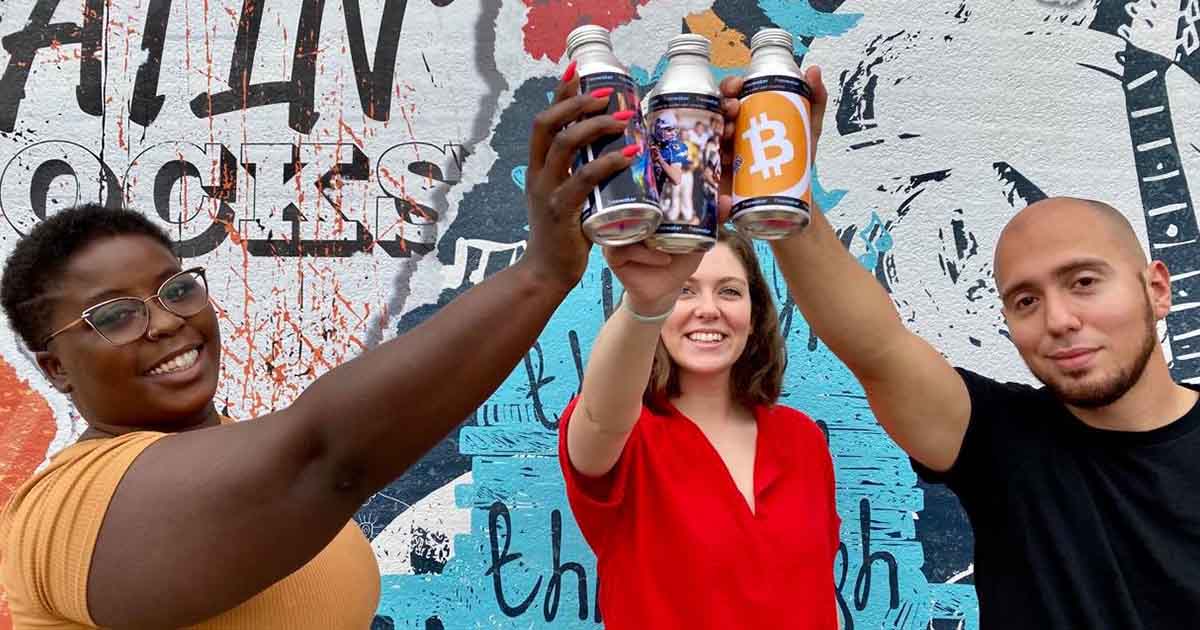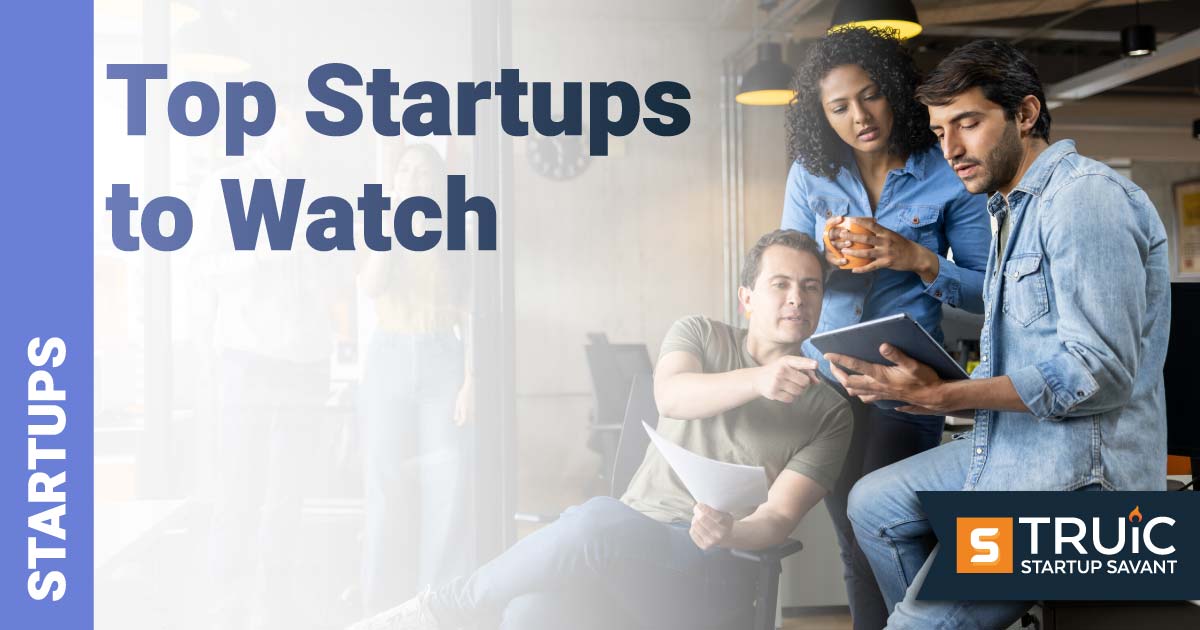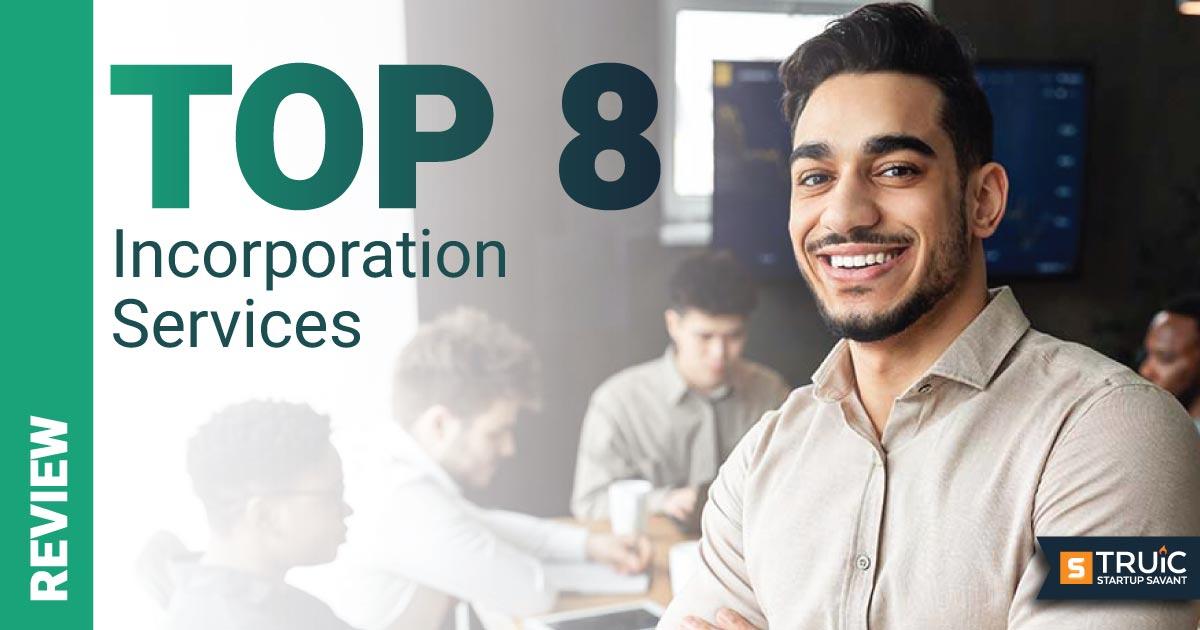Solving the Global Water and Food Crises Once and for All
The Origin Story of FreeWater

Last Updated: By TRUiC Team
Many global problems seem almost intractable. Chief among these is the fact that hundreds of millions don’t have enough to drink or go hungry every day. There has been no shortage of suggested solutions to these problems, and yet they persist year after year. Josh Clifford’s startup FreeWater aims to solve the world’s water and food crises for a fraction of what it would cost governments or nongovernmental organizations to do — all while making a profit.
This is FreeWater’s origin story.
An Intractable Problem Needs an Innovative Solution
Arguably the central cause of chronic thirst and hunger in countries around the world is poverty; too many people simply can’t afford to properly nourish themselves due to the high (and increasing) costs. Moreover, attempts by well-meaning governments and nonprofits to redistribute food and drinks have fallen woefully short.
FreeWater’s goal is to adopt an entirely new paradigm that could radically change the status quo. Specifically, it seeks to sell advertising space on food and beverage packaging, which would make those products free to consumers.
“FreeWater is the world's first free beverage company,” he says. “Our spring water and aluminum bottles and paper cartons are free because the packaging is the ad space. That's the catch. It's a new type of media and ecommerce platform.”
Josh says advertisers are already lining up to buy ads on packaging for the company’s water. As a result, FreeWater can provide “negatively priced” bottled water. In other words, not only is the water free to consumers, but FreeWater can even donate part of the ad proceeds to charity while still making a nice profit.
This model could work for food as well as water. “This isn't just possible, it's more profitable than selling groceries today,” he says. “I say groceries because FreeWater is just the first product of our negatively priced supermarkets, or ‘Amazon,’ if you will. We're just getting the permits now to launch free beer in the state of Texas next. Then we're going to be scaling free beer that donates to charity — 21 or over, of course — and then one product at a time. Before you know it, bam, free supermarket.”
Putting an End to Famine
Over the long term, FreeWater wants to “end global famine” by providing free food and drinks around the world instead of relying on social programs that have failed to get the job done, Josh says.
“If you ask the UN or the United States what it would cost to end global famine permanently, they don't even have a number for that,” he says. “But their number to temporarily solve it is way over the top, and that's the type of number you get when governments spend $50 on a nail and a thousand dollars on a hammer. But when I calculated it responsibly, not wasted that way, [the cost] to end the global water crisis permanently is $10 billion or less. Any government could solve it in a second. They choose not to. I personally believe it's because these are publicly traded commodities, water, pork bellies, you name it.”
To show how FreeWater’s goals are possible, Josh cites the so-called 10% rule. “The average American spends five or six hundred bucks a year on bottled water, and those people drink up to six bottles a day,” he said. “Our goal is just to give 10% of Americans three free beverages a day, starting with water. Each of these donate a minimum of 10 cents towards ending the global water crisis. When we hit that 10% mark with FreeWater, we're donating $3.4 billion a year to charity [via] that single product. In a few years of achieving that 10% milestone, we've ended the global water crisis permanently. That means building water wells and water systems for 800 million plus people around the world without a penny of tax dollars.”
Scratching the Surface Is the First Step
Josh admits that FreeWater has yet to “scratch the surface” of the global water and food crises using its approach. However, the company is making incremental progress, having built two water wells in Africa in 2022. “We saved a few thousand lives,” he said. “Next year, our goal is a hundred, then the year after that, a thousand, then 10,000, then so on and so forth.”
For the skeptics, Josh notes that the “negatively priced” model already exists in at least one sector of the economy: software. For example, “We used to pay for video games,” he says. “But now, [many] video games are negatively priced because those free video games will pay you to play them by mining crypto and minting NFTs.”
He continues: “Technically, Facebook would be negatively priced. It's free, but they donate so little to charity that no one looks at them as being negative. You've [also] got Ecosia, a German search engine. It's free, but 70 or 80% of their revenue goes towards planting trees. That should be 170% off, and so these systems already exist in software. We just brought them to the physical world.”
Tell Us Your Startup Story
Are you a startup founder and want to share your entrepreneurial journey withh our readers? Click below to contact us today!





